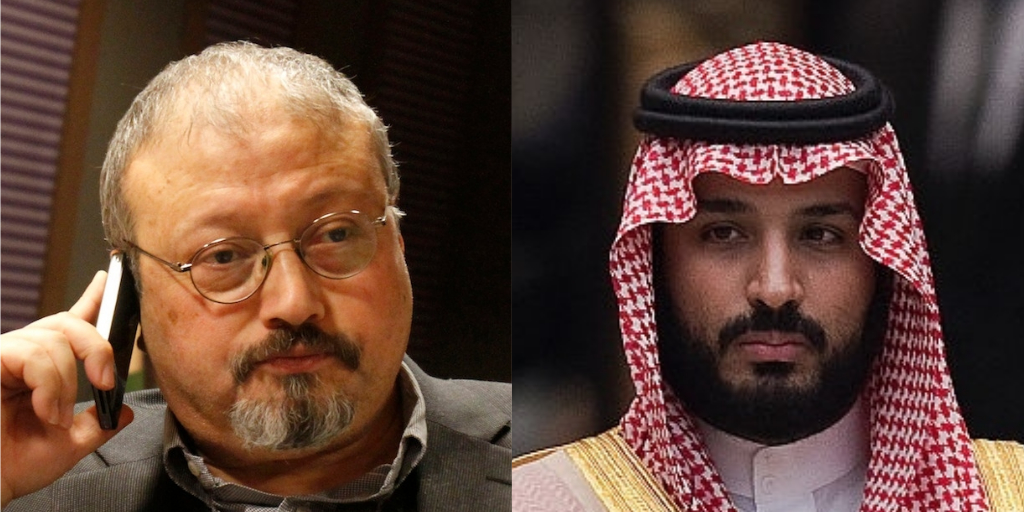- A wild insider account in The Washington Post described paranoia in the Saudi royal family leading to the killing of the journalist Jamal Khashoggi.
- Factions within the House of Saud started jockeying for power in January 2015, and Prince Mohammed bin Salman reportedly grew increasingly brutal with his critics.
- The Post described one plot it said involved Saudi agents lying to China to get someone extradited so Saudi Arabia could punish him.
Jamal Khashoggi’s killing was born out of a brutal culture around the Saudi crown prince, which included members of the royal family jockeying for power, spying on one another, and tricking China into arresting a critical businessman, according to a wild insider account in The Washington Post.
Infighting within the House of Saud started as early as 2015, around the death of King Abdullah, the half-brother and predecessor of King Salman, The Post said.
Abdullah’s sons, and King Salman and his family, started competing for power, most likely in an attempt to control the royal family’s wealth and retain power in government, the Washington Post columnist David Ignatius wrote in an opinion column. Salman was appointed king two days after King Abdullah died in January 2015.
“The cutthroat scheming within the House of Saud over the following years matches anything in the fantasy series ‘Game of Thrones,'” Ignatius wrote.

The two main sides started plotting against each other, with members of the Abdullah faction reportedly bugging the phones of senior princes, purchasing a device that could remotely and secretly detect phone calls within a 100-yard radius, and hiding surveillance devices in ashtrays around royal palaces to pick up on conversations.
King Salman's son Mohammed bin Salman - who was appointed crown prince in mid-2016 - also reportedly grew increasingly anxious about his public image and started organizing the kidnappings and detentions of his critics, The Post said.
One of the wildest plots was said to have taken place in August 2016, when The Post said then-Prince Mohammed's associates misled Chinese authorities into kidnapping and interrogating a Saudi businessman who had criticized Prince Mohammed's policies and was close to the Abdullah camp.
The column offered the plot as evidence of the lengths to which Saudi royals were prepared to go to achieve their ends. It is, the column contends, the same kind of scheme that led to the brutal death of Khashoggi.
Read more: Crown Prince Mohammed comes out on top of Khashoggi case

In the 2016 plot, Prince Mohammed's associates had falsely told Chinese intelligence agents that the Saudi businessman Tarek Obaid had been funding terrorist activities and had been organizing a plot by Pakistani militants to disrupt a G-20 summit later that year, The Post said.
The purported goal was for Chinese authorities to arrest Obaid under terrorism suspicions and extradite him to Saudi Arabia.
Acting on the Saudis' information, Chinese intelligence agents detained Obaid in Beijing, covered his head and body in a bag, and handcuffed him to a chair in an interrogation room, the column said.
Obaid was reportedly subjected to a long and painful interrogation, during which he said he had no idea what their accusations were about. Chinese authorities eventually let him go after finding no incriminating information on his iPad and cellphone, The Post said.
Obaid, who has a Swiss passport, now lives in Geneva.

Shortly after becoming crown prince last year, Mohammed also consolidated his power by imprisoning more than 200 members of the Saudi elite, including 11 princes and dozens of top businessmen at the luxury Ritz-Carlton hotel in Riyadh.
Some princes reportedly negotiated their release by promising to pay the government billions.

